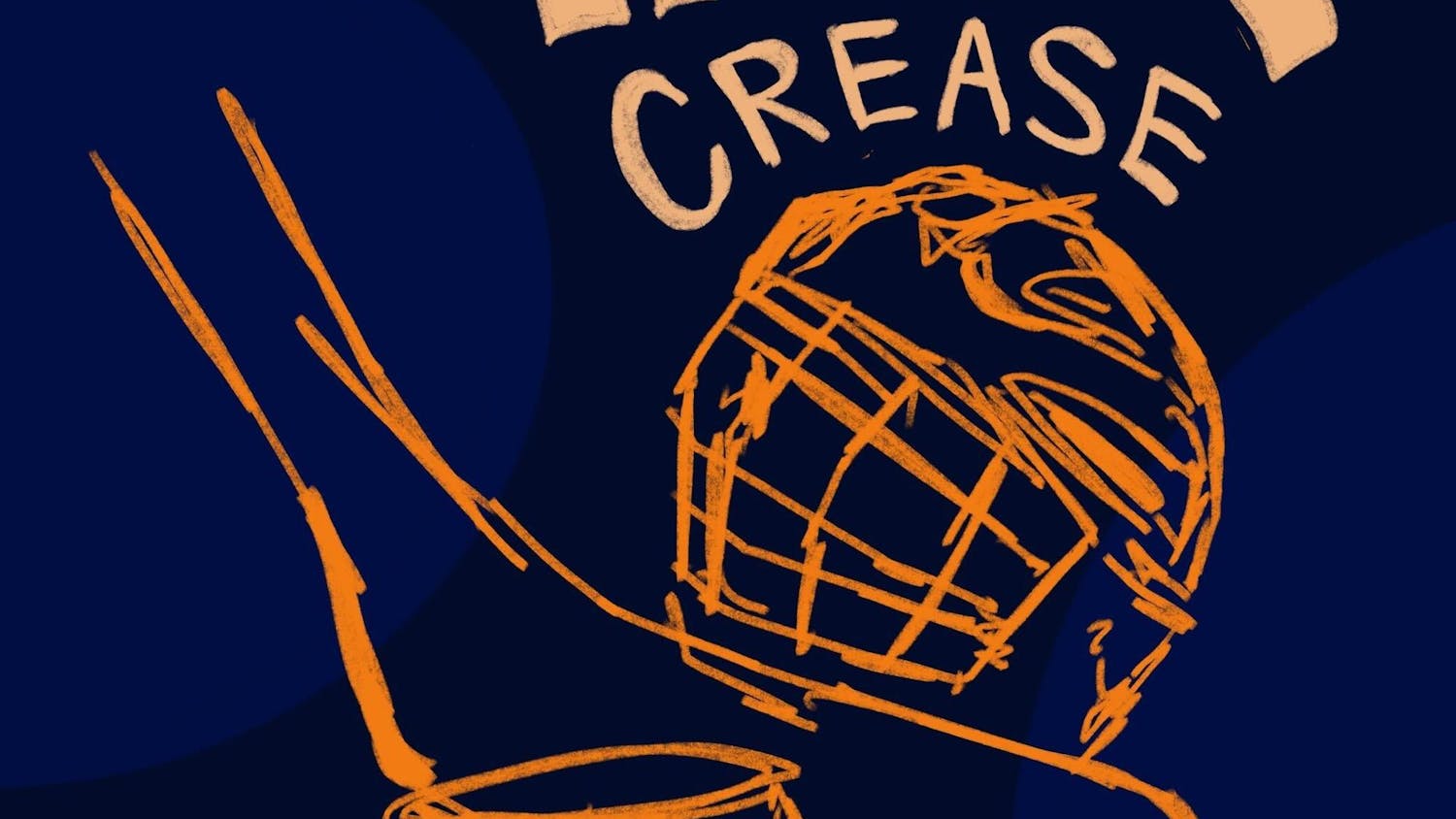As expected, Sunday night belonged to Derek Jeter.
As the Yankees closed Yankee
Stadium once and for all on Sunday night, it was Jeter who got the last word. After the last of 6,580 games played over the course of 85 years was completed, it was Jeter, the captain, the man who'd gone 0-for-5 with two strikeouts in game number 6,580, who took the microphone to address one last Stadium sellout crowd of 54,610. The Bronx wouldn't have it any other way.
It was a great night for anyone who appreciates the history of baseball — a night to reflect not only with Jeter, but throughout the night with Whitey Ford, Yogi Berra and Reggie Jackson. Even someone who truly abhors the Yankees (as I myself, of course, do) can appreciate a night like that.
In all the festivities, there was one strange omission. As the House That Ruth Built closed for the last time, there was one man, the most influential Yankee since Ruth himself, who was barely mentioned at the Stadium before, after or during the game. Where's the love?
I'm not referring to Gehrig, or DiMaggio or Berra. Not to Mantle or Maris. Not to Rivera, or A-Rod or Giambi. And good lord, no, this is not about Scott Brosius.
Where's the love for George Steinbrenner?
It's as if the Yankees and their fans don't realize what George Steinbrenner did. Singlehandedly, he renewed the greatest franchise in the history of sports, taking it from nothing and returning it to the top of the world.
In the eight years before Steinbrenner's rise to power, from 1964 to ‘72, the Yankees were, by their own standards, a laughingstock. They saw four losing seasons, zero playoff appearances and even their first last-place finish since 1912. They were owned by CBS at that time, and under the network's watch, they became second fiddle to the expansion Mets. The Yankees were winning no titles, attracting no fans and making no money. Enter the Boss.
Steinbrenner bought the team on Jan. 3, 1973 for $10 million. For the cost of about five months of Bobby Abreu's services, he had purchased the opportunity to return the Yankees to greatness.
There was a time when that didn't look easy — when the people of the Bronx didn't expect winning to come automatically, as natural as the pinstripes on the uniforms.
That time ended with Steinbrenner. With the fall of the reserve clause and the birth of free agency in 1975, it was Steinbrenner's willingness to spend that brought the Yankees back to relevance. Before there were A-Rod and Giambi there were Jackson, Catfish Hunter, Dave Winfield and Goose Gossage. Steinbrenner didn't just put money into the Yankees — he brought money into all of baseball, leading the game's growth into the financial empire it is today.
The Yankees' rise to become the Evil Empire stemmed from much more than a big market in a big city in a big stadium. Yes, it is easy to make money when you're the Yankees, but this is about more than money. Tons of owners — Ted Turner, Jerry Reinsdorf, Peter Angelos — have money. The Mariners are owned by freaking Nintendo. But the meteoric rise of Steinbrenner's Yankees came from a willingness to spend that money, from a desire to compete and a desperation to win. Why can't baseball have 29 more George Steinbrenners?
Yankee Stadium is closing, and with it closes a season with baseball's richest team finishing no higher than third. But we all know that's not where they'll stay. Next year, and every year in the near future, the Yankees will be back and they'll be a threat.
They always are.
Here's a salute to the man that got them there.
--
Evans Clinchy is a senior majoring in English. He can be reached at Evans.Cinchy@tufts.edu.





